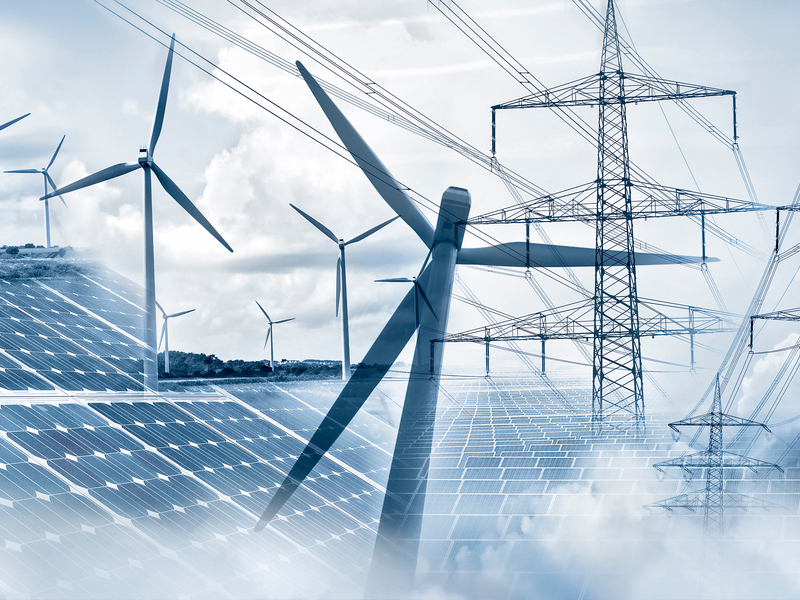The recent Texas disaster has accelerated the conversation about creating a clean, resilient grid. But much work needs to be done to achieve that goal, according to three speakers who participated in a the recent Pecan Street webinar, “Addressing Technology Roadblocks to Clean Energy Adoption.” Pecan Street conducts research aimed at advancing climate solutions.
“The events in Texas have driven energy headlines and accelerated the conversation about a clean grid that is also resilient,” said Neil Chatterjee, commissioner of the Federal Energy Regulatory Commission (FERC). Roadblocks include policies that incentivize fossil fuel use, market barriers, transmission constraints and a need for smart meters and data about issues such as weather, according to the speakers.
The speakers said that the most cost-effective path toward a clean, resilient grid is unclear. “The desire to change is there, but the most cost-effective path forward is not clearly defined. Each region has to define its unique path,” said Rory Christian, principal, Concentric Consulting Group and board vice-chair of WeAct for Environmental Justice. But the industry needs to make the right investments now to move toward a decentralized grid that features power and services from customers, he added. Pecan Street also released a white paper, “ Technology Roadblocks to the Clean Energy Future, ” that identified obstacles to creating a clean and resilient grid. It focuses on the need to collect more energy […]
Click here to view original web page at microgridknowledge.com

